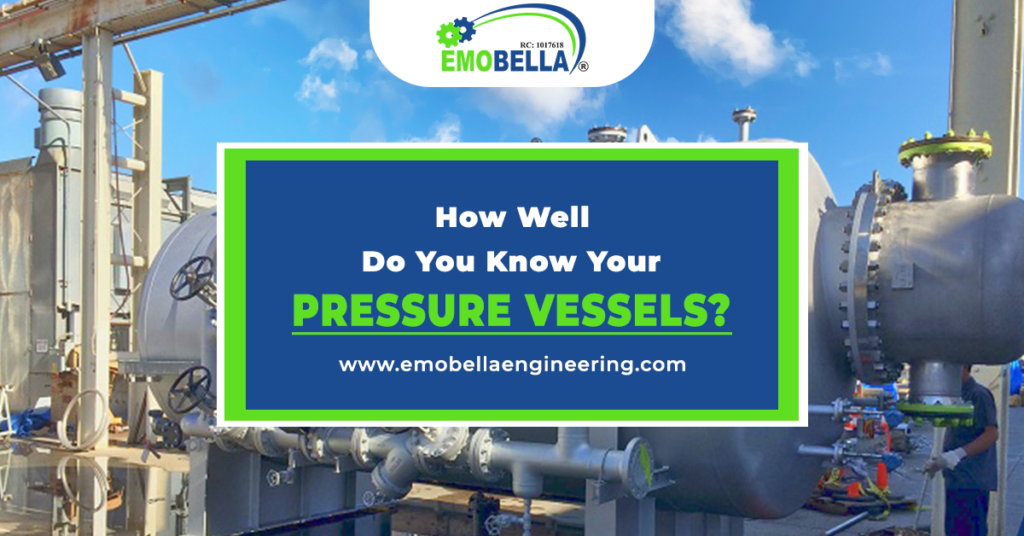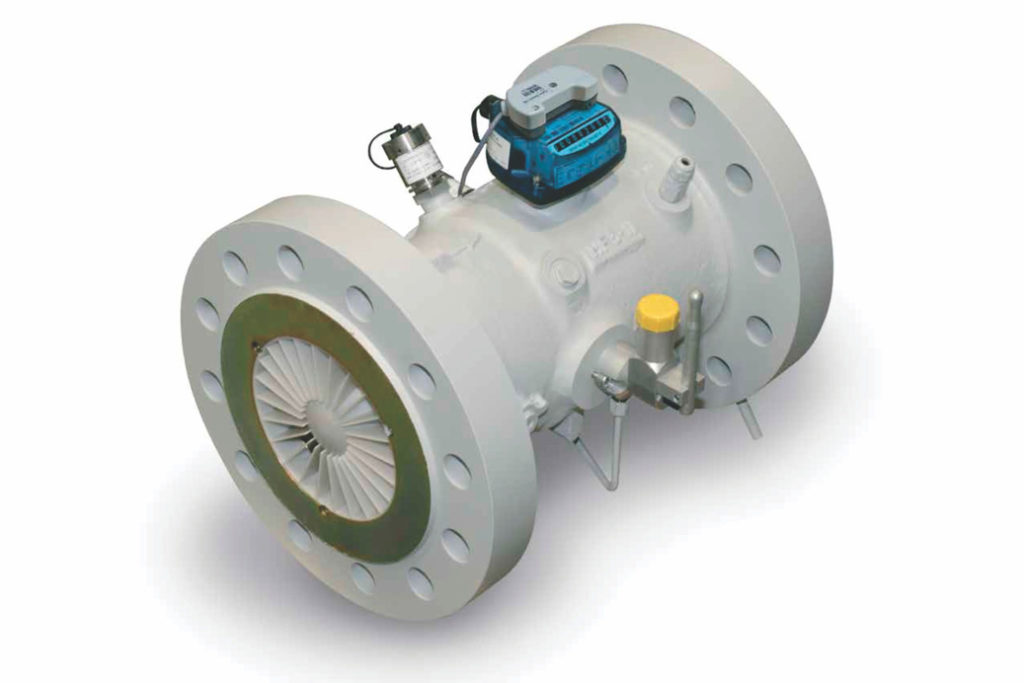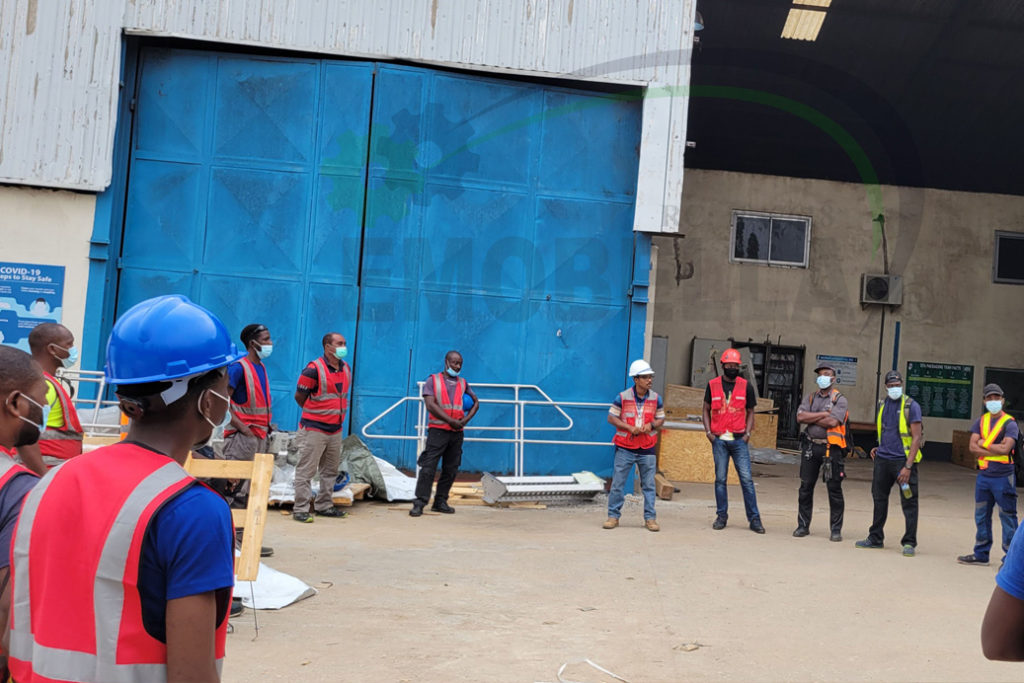Pressure vessels are enclosed leak-tight containers specially designed to store gases, liquids, and vapours at a certain pressure. The pressure can be substantially different from ambient pressure, but never at ambient pressure.
The shape and size of a pressure vessel are determined by the design requirements, the product being stored, and the available installation space. They are made in either cylindrical, spherical, horizontal, or vertical shapes.
Types of Pressure Vessels
The basic pressure vessel is designed to store a liquid, vapour or gas under constant pressure; however, it can also be utilized for varying purposes depending on the application. There are many types of pressure vessels, but the three most common types are:
- Storage Vessel: This is the most common purpose of pressure vessels. They are used for storing liquids, gases, vapour, and chemicals. Depending on the particular product or usage, these general-purpose vessels are constructed using different materials such as stainless steel, carbon steel, fibreglass, and galvanized steel.
- Process Vessels: Process vessels are vital containers that are usually part of a production process line. They are designed and equipped with accessories and controls for completing different processes such as separation, purification, blending, cooling, removing various elements of a product, etc. Some of the industries where process vessels can be found include paint manufacturing, refineries, food and drug manufacturing, etc.
- Heat Exchangers: Heat exchangers are special devices that are designed to transfer heat from one medium (liquid, gas, or a combination of both) to another medium. Depending on the type of heat exchanger, the heat transfer process occurs through a solid separator to prevent mixing or direct contact. Heat exchangers come in many types and styles. The common heat exchanger is the shell and tube heat exchanger; with the shell as a pressure vessel and the tubes a set of hollow conduits housed within the shell.
Conclusion
We cannot overemphasize the importance of a pressure vessel, as they are sensitive equipment that can store huge amount of energy inside of them and must be built to suit its purpose and international accepted standard. Due to these factors, it is highly recommended that experts are available to advise, design and ensure that there aren’t any loopholes in features or construction that might lead to leakages or explosions, which can ultimately lead to fatal accidents in your industry.
At Emobella Engineering Nigeria Limited, we possess the right knowledge and expertise needed to carefully recommend, purchase, install, and commission your pressure vessels safely anywhere in Nigeria. Schedule a free consultation to speak with one of our experts today!





